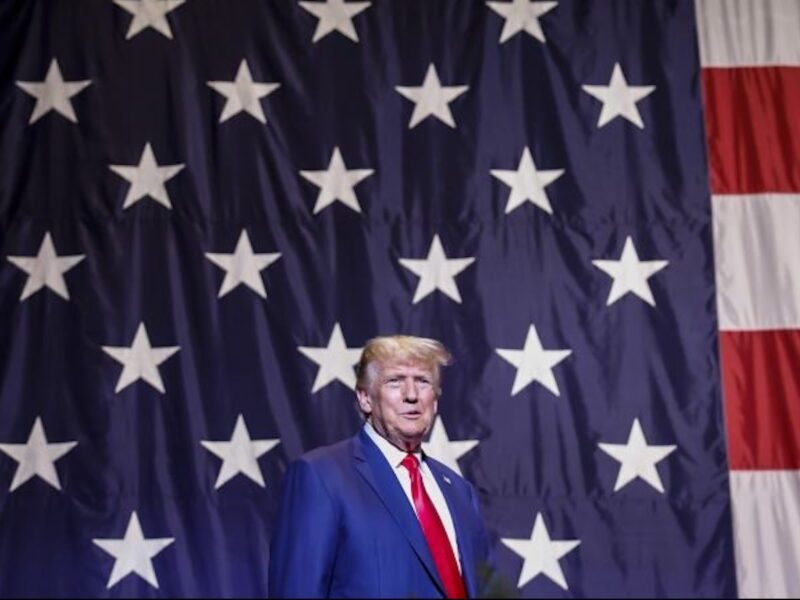
Is mandatory quarantine unconstitutional? Every court case
Mandatory quarantines & lockdowns have been happening in the U.S. since the pandemic got serious in March. But since then, there’s been questions regarding the legality of the government making people stay indoors. Stay-at-home orders have affected millions of Americans, so there’s no wonder why people ask if they are constitutional.
In some states with a mandatory quarantine, there was a fine for those who broke it. Others who broke the orders could end up in jail. Many states went on lockdown, which is when the federal or local government enforces people to stay home or forces businesses to close.
Mandatory quarantine is different. According to the Centers for Disease Control and Prevention, quarantine “separates and restricts the movement of people who were exposed to a contagious disease to see if they become sick.” Some local governments have taken measures to ensure people stay home in order to limit the spread of the virus.
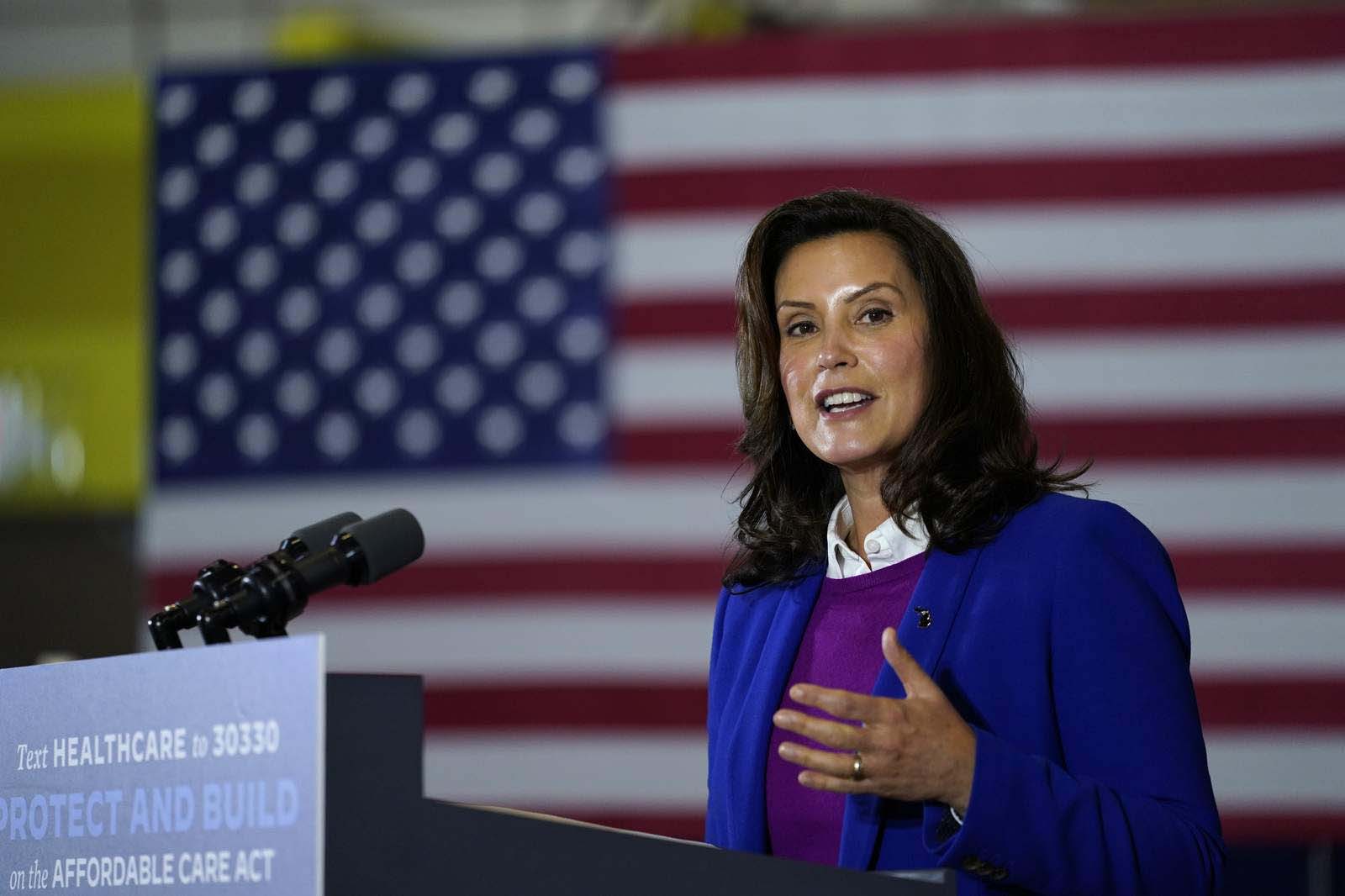
Taken to court
On October 3rd, NPR reported that Michigan Governor Gretchen Whitmer’s state of emergency was struck down by the state’s Supreme Court in a four to three majority opinion.
“. . . we conclude that the EPGA is in violation of the Constitution of our state because it purports to delegate to the executive branch the legislative powers of state government– including its plenary police powers – and to allow the exercise of such powers indefinitely,” wrote Justice Stephen J. Markman about the ruling.
Similar rulings against stay-at-home orders during the pandemic including one in Wisconsin and one in Pennsylvania, according to the American Institute for Economic Research. The institute said “governors across the country have gone off the constitutional deep end in response to COVID-19, exercising powers that are not only unprecedented but unproven.”
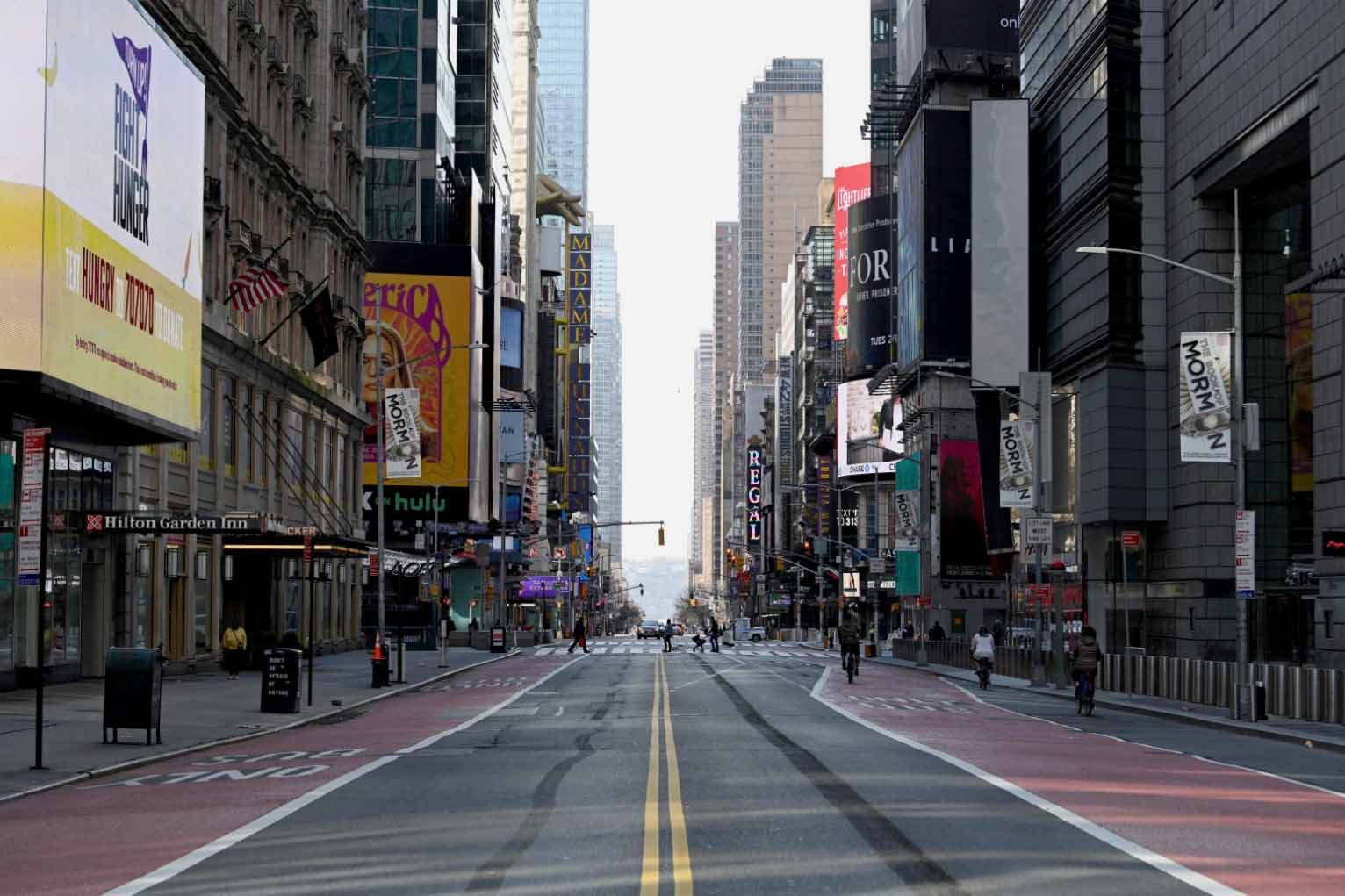
Other takes on mandatory quarantines
According to The New York Times, mandatory quarantines are a last resort. However, states do have the legal power to implement them through what are called “police powers.” States are given such powers for a variety of reasons, including to protect public health.
The laws regarding what a state can do with a mandatory quarantine vary by the individual states. Per the CDC, states “have police power functions to protect the health, safety, and welfare of persons within their borders. To control the spread of disease within their borders, states have laws to enforce the use of isolation and quarantine.”
But states aren’t the only ones who have power when it comes to enforcing mandatory quarantines. The federal government can also implement them.
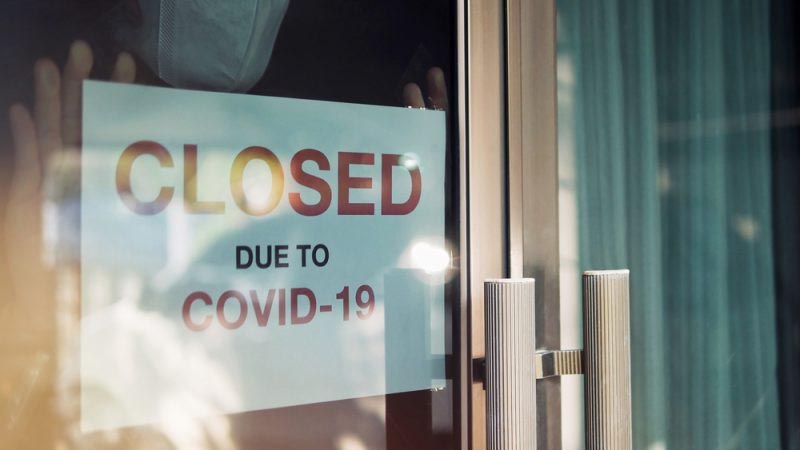
How the federal government can enforce mandatory quarantines
The federal government hasn’t yet sent the entire country into lockdown or required mandatory quarantines, but they could. When it comes to implementing such laws, the CDC said the government can act to prevent diseases and has the authority to do so. It can also assist states and other local governments with their own mandatory quarantine measures.
The CDC also noted that through the federal government, quarantine and isolation can be used at ports of entry and isolation and quarantine can be made mandatory within U.S. borders.
Federal, state, local, and tribal health authorities can use their power separately to determine what they think is right, but the CDC said some power can override each other. If there is a conflict, the CDC said federal law gets the say. However, the last time federal mandatory quarantine was used was during the Spanish Flu pandemic in 1918.
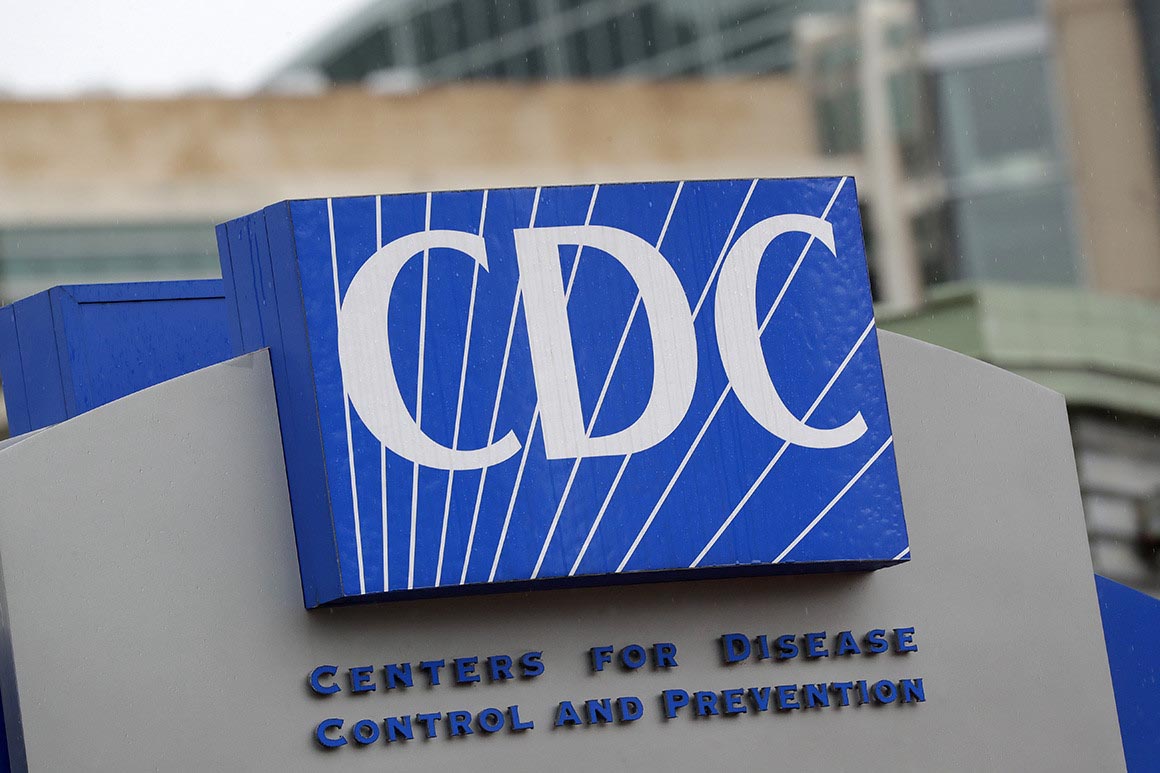
Enforcement of mandatory quarantine
The CDC said that public health authorities can enforce mandatory quarantines through help from law enforcement such as police. U.S. Customs and Border Protection and the U.S. Coast Guard are also equipped to enforce mandatory quarantine orders.
There are various consequences for breaking quarantines, and some areas are more heavily enforced than others.





